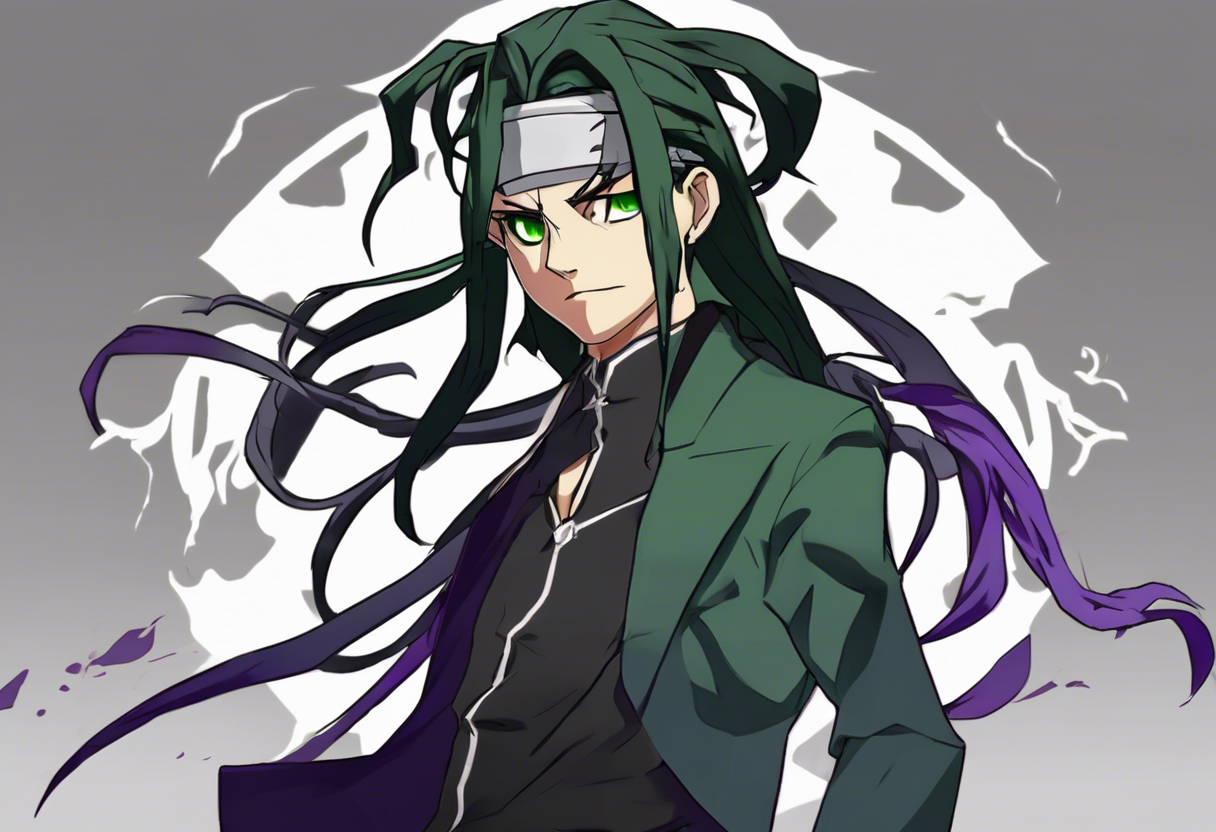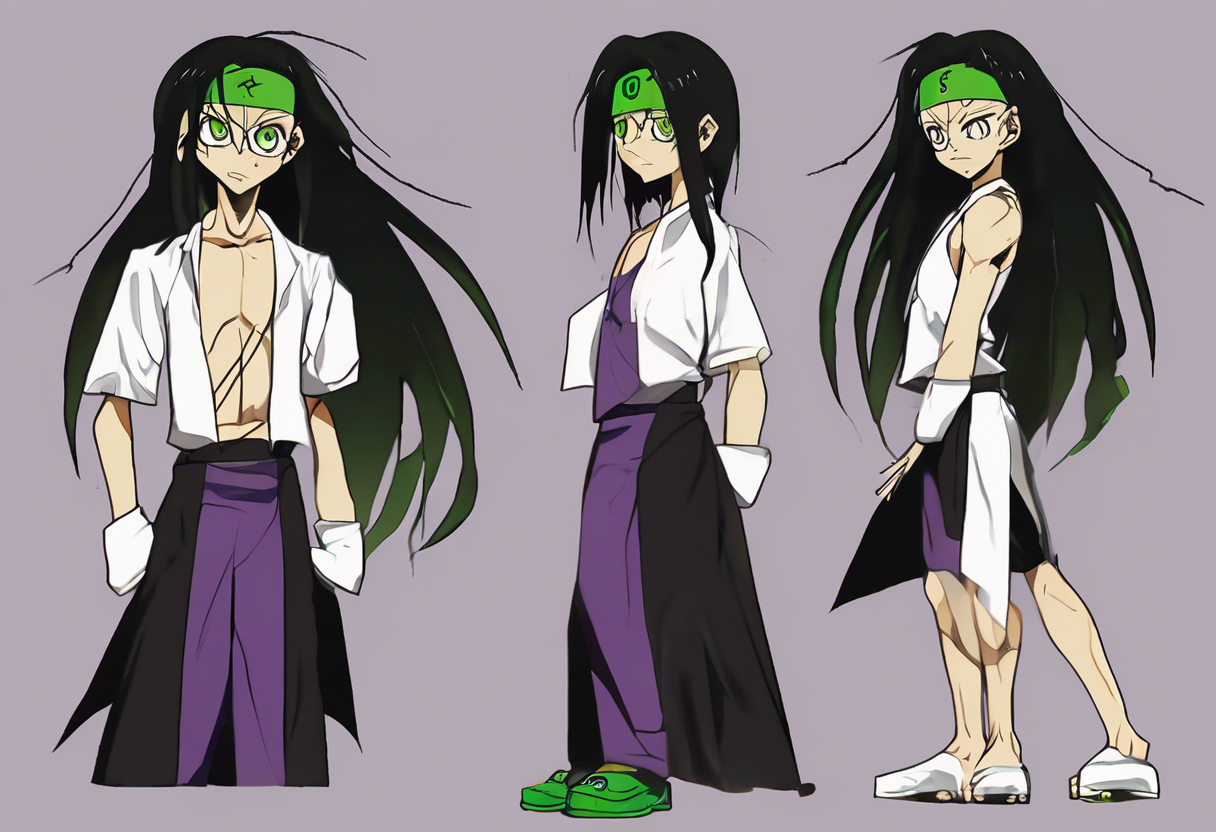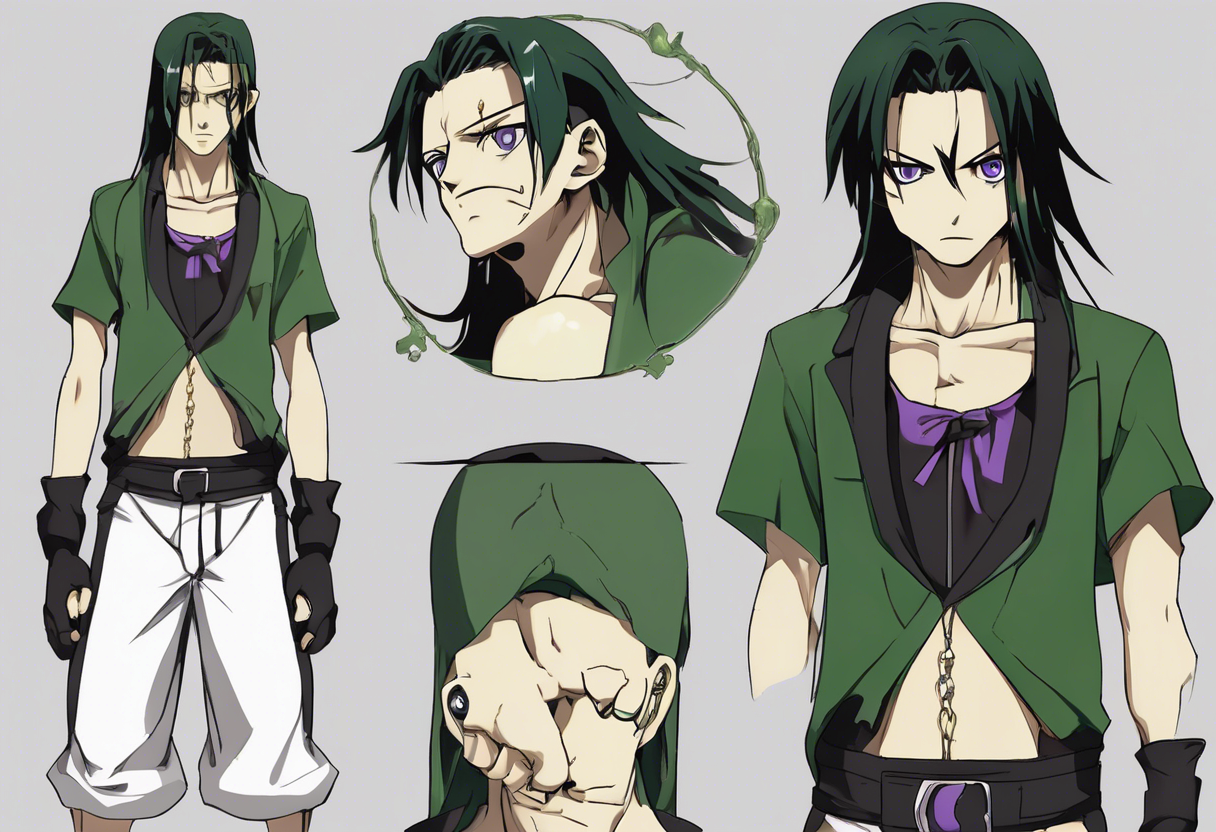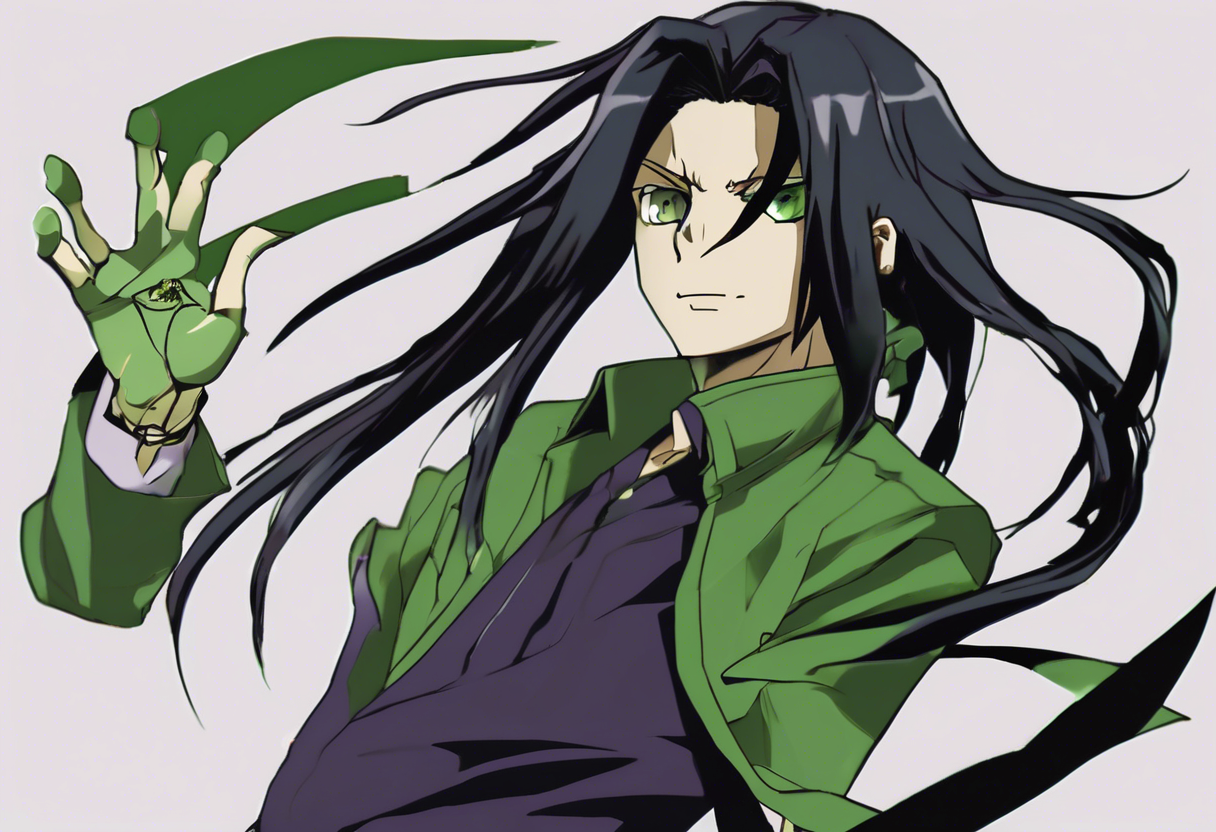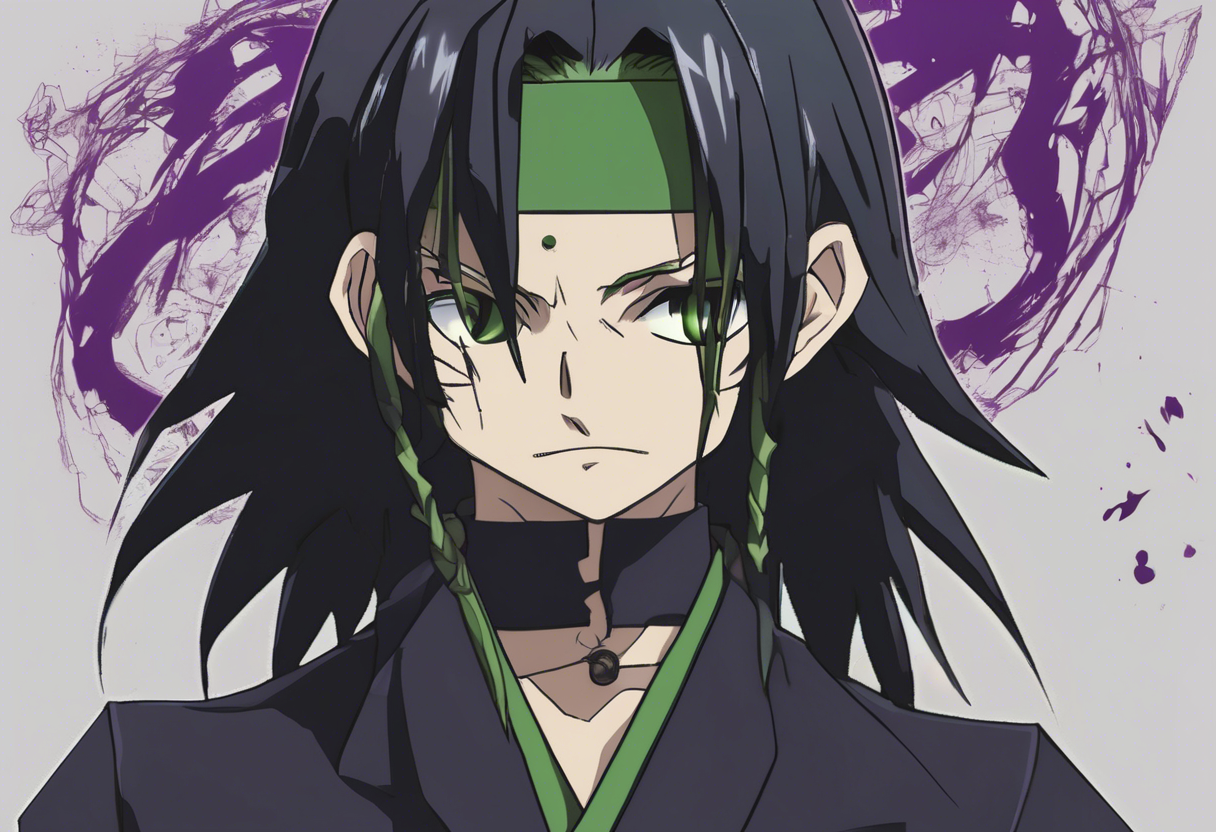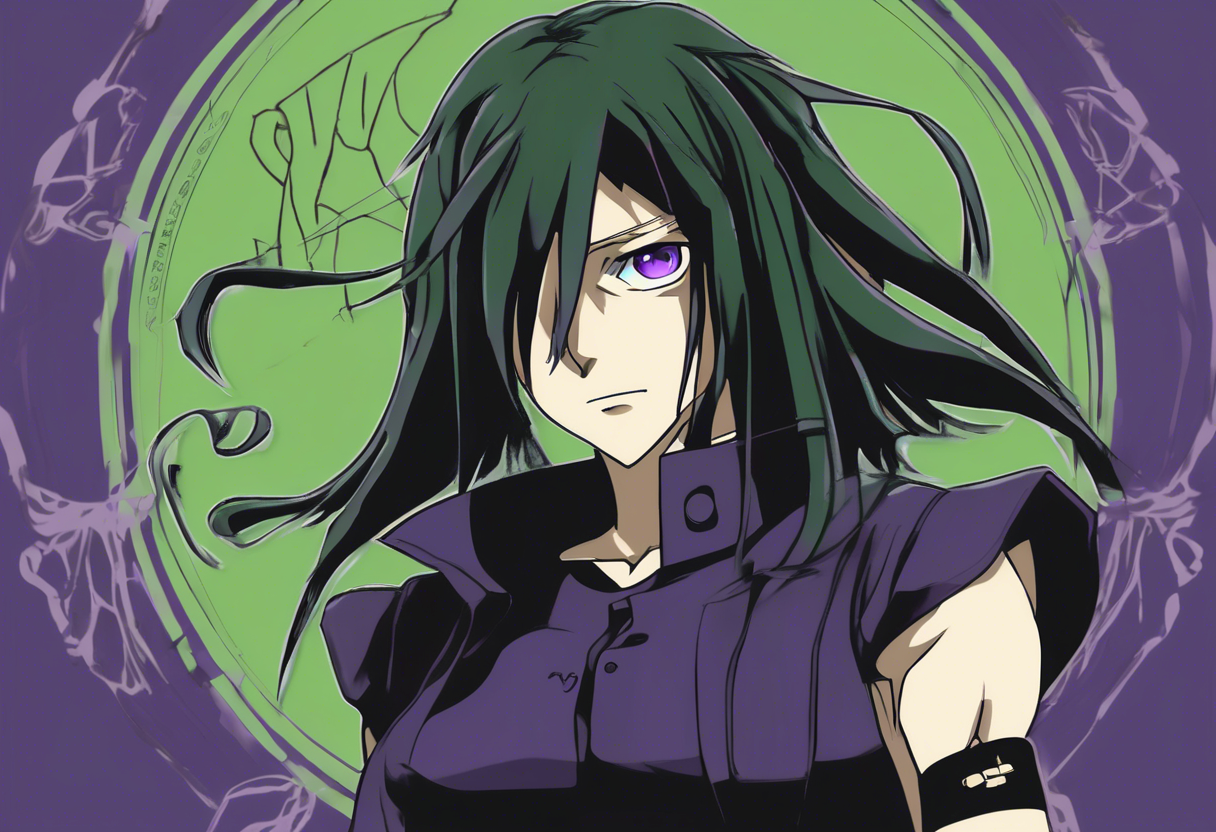Contents
Envy in Fullmetal Alchemist: Brotherhood
Introduction
Envy, known as the Jealous, is a pivotal and complex character in the anime series Fullmetal Alchemist: Brotherhood, created by Hiromu Arakawa. As one of the seven Homunculi, Envy is modeled after the sin of envy and plays a crucial role in the narrative, influencing key events and character developments throughout the series.
Envy’s creation is tied to the Homunculi’s origin, where they are brought into existence through the alchemical process involving the Philosopher’s Stone. Envy’s preferred form is that of an androgynous-looking teenage young man, but they possess the ability to shape-shift into any form they desire, making them a formidable infiltrator and manipulator [1][3].
Envy’s significance in the narrative stems from their role as a catalyst for conflict and chaos. They are responsible for some of the most pivotal and emotionally charged moments in the series, often through their manipulative and sadistic actions. This character embodies themes of jealousy, identity, and the human condition, making them a compelling and relatable figure to audiences.
Role in the Story
Envy’s storyline is deeply intertwined with the main plot of Fullmetal Alchemist: Brotherhood. They first appear impersonating Father Cornello and burning down the Fifth Laboratory, setting the stage for their manipulative and destructive nature [1].
One of Envy’s most notorious actions is the impersonation of an Amestris officer, which leads to the murder of an Ishvalan child and the ignition of the Ishvalan Civil War. This event has a profound impact on the characters and the world of Amestris, highlighting Envy’s ability to sow discord and violence [1][3].
Envy is also directly responsible for the death of Maes Hughes, a close friend of the Elric brothers, by impersonating Gracia Hughes and assassinating him. This act fuels Roy Mustang’s vendetta against Envy and drives a significant portion of the plot forward [1].
Throughout the series, Envy continues to manipulate events from behind the scenes. They take over as Lust’s liaison after her death and recruit Kimblee to capture Dr. Marcoh. However, Envy’s plans are often foiled, leading to their capture and near-destruction by Marcoh and later by Roy Mustang [1].
Despite their repeated defeats, Envy manages to reconstitute their body by absorbing the Philosopher’s Stones from Mannequin Soldiers. This resilience underscores their role as a persistent and formidable antagonist [1].
Character Analysis
Envy’s personality is marked by their sadistic and manipulative nature. They derive pleasure from inflicting pain and chaos on humans, often using psychological warfare to achieve their goals [1][3].
One of the defining traits of Envy is their insecurity and jealousy. Despite their ability to shape-shift into any form, Envy secretly covets the appearance and connections of others. This is evident in their frequent transformations and their deep-seated resentment towards humans for their ability to form meaningful relationships and persevere through tragedy [3].
Envy’s strengths lie in their cunning and adaptability. Their shape-shifting ability allows them to infiltrate and manipulate situations with ease, making them a powerful tool for Father, the creator of the Homunculi. However, their overconfidence and arrogance often lead to their downfall, as they underestimate the abilities of their opponents [1][3].
The character development of Envy is significant as it reveals the depth of their emotional pain and vulnerability. In their final confrontation, Envy’s realization that a human (Edward Elric) understands their personal plight leads to a moment of profound humiliation and ultimately, their decision to commit suicide by destroying their own Philosopher’s Stone core [1].
Themes and Symbolism
Envy embodies several key themes in Fullmetal Alchemist: Brotherhood. The most prominent is the theme of jealousy and the destructive nature it can have on individuals and society. Envy’s actions are driven by a deep-seated envy of human connections and the ability to form meaningful relationships, highlighting the consequences of such feelings [1][3].
Another significant theme is the concept of identity. Envy’s shape-shifting ability raises questions about the nature of self and identity. Their constant transformations and desire to assume other forms reflect a deep-seated insecurity and lack of self-acceptance [3].
The character also symbolizes the dangers of manipulation and the cyclical nature of revenge. Envy’s actions often spark chains of revenge, as seen in Roy Mustang’s vendetta against them. This cycle underscores the futility and destructive nature of seeking revenge [5].
Cultural Impact
Envy has had a significant cultural impact on fans of the series. Their complex and multifaceted character has made them a favorite among audiences, who appreciate the depth and nuance brought to the narrative. The character’s design and voice acting, particularly by Junichi Suwabe in Japanese and Chris Patton in English, have been praised for capturing the essence of Envy’s personality and role in the story [1].
In adaptations and spin-offs, Envy’s character has been consistently portrayed with the same level of complexity and depth. For example, in the first anime adaptation, Envy’s backstory and motivations are explored differently, but their core traits remain intact [1].
Envy’s influence on popular culture is evident in the way they have inspired other character archetypes in anime and manga. Their blend of cunning, sadism, and vulnerability has set a precedent for complex villains in subsequent works.
Critical Reception
Critics and audiences have widely praised Envy as one of the most compelling and well-developed villains in anime. Their ability to evoke strong emotions, whether it be anger, sympathy, or fear, has been noted as a hallmark of their character. The complexity of Envy’s personality and the depth of their backstory have been particularly praised for adding richness to the narrative [3][5].
However, some critics have noted that Envy’s overconfidence and arrogance can sometimes make them come across as less formidable than intended. Despite this, their overall impact on the story and their memorable interactions with other characters have solidified their place as a beloved and feared antagonist.
Legacy
Envy’s enduring appeal lies in their multifaceted nature and the themes they embody. As a character, they continue to inspire discussions about identity, jealousy, and the human condition. Their role in Fullmetal Alchemist: Brotherhood has set a high standard for villainous characters in anime, influencing the creation of complex and nuanced antagonists in subsequent series.
The character’s relevance in contemporary discussions is evident in their continued presence in fan culture and critical analysis. Envy remains a powerful symbol of the destructive potential of envy and the importance of understanding and empathy.

